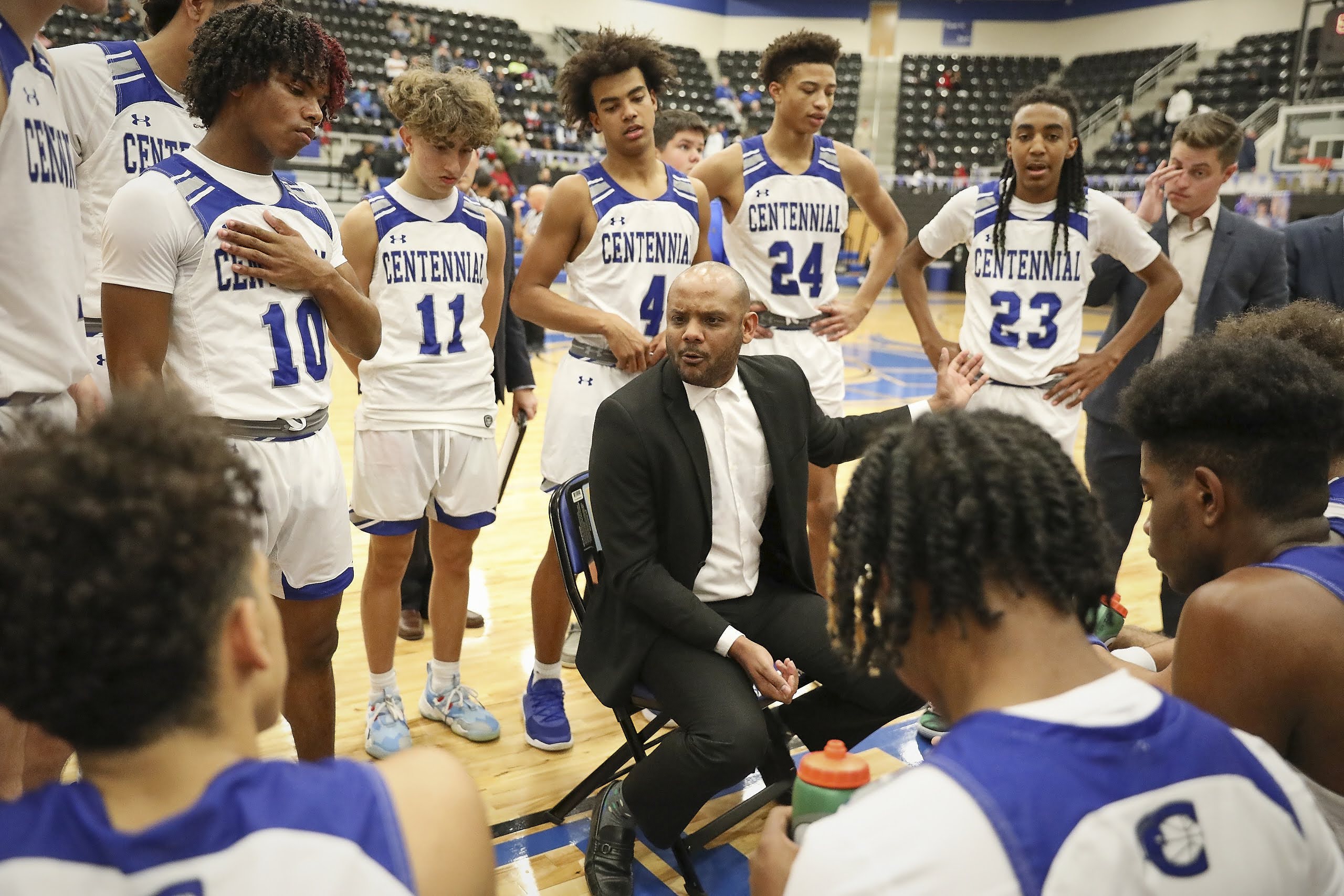Having a strong team culture is essential for any sports team to be successful. Culture is the foundation upon which a team is built, and it can often be the determining factor in a team’s success or failure. A positive and cohesive team culture will encourage collaboration and a sense of unity, while a poor culture will only lead to discord and frustration. In this blog post, we’ll explore how to create a winning sports team culture and why it is the secret ingredient to success.
The Importance of Team Culture in Sports
Building a strong team culture is crucial for the success of any sports team. It sets the tone for how teammates interact, communicate, and support each other. A positive team culture promotes trust, accountability, and motivation, leading to improved performance and results. On the other hand, a negative culture can breed resentment, conflicts, and ultimately hinder the team’s progress. Recognizing the importance of team culture and investing time and effort in cultivating it is the first step towards creating a winning sports team.
Defining a Winning Team Culture
Building a winning team culture involves creating an environment where every player feels valued and supported. It is about establishing clear values, goals, and expectations that align with the team’s mission. A winning team culture promotes teamwork, discipline, and resilience. It emphasizes the importance of continuous improvement, open communication, and a growth mindset. A winning team culture is not just about winning games, but also about personal and collective growth. It is about fostering an atmosphere of trust, respect, and camaraderie. A winning team culture sets the stage for success on and off the field.
Steps for Creating a Strong Team Culture:
Creating a strong team culture is a process that requires deliberate and intentional actions. Here are some steps to help you build a winning sports team culture:
- Define your team’s values and mission: Clearly establish the core values that your team will uphold. These values should guide the behavior and decision-making of every team member. Additionally, create a mission statement that outlines the overall purpose and goals of the team.
- Lead by example: As a leader, it’s crucial to demonstrate the values and behaviors you expect from your team. Be a role model for your players by embodying the characteristics you want to see in them. This will help establish credibility and inspire your team to follow suit.
- Establish open lines of communication: Encourage open and honest communication among team members. Foster an environment where everyone feels comfortable sharing their thoughts and ideas. Regular team meetings and one-on-one conversations can help facilitate effective communication.
- Encourage collaboration and teamwork: Promote a culture of collaboration rather than individualism. Emphasize the importance of working together towards a common goal. Encourage players to support and help each other, both on and off the field.
- Provide feedback and recognize achievements: Regularly provide constructive feedback to help your team improve. Celebrate individual and team accomplishments to foster a positive and supportive atmosphere. Recognizing and appreciating the efforts of your players will motivate them to continue working hard.
- Address conflicts promptly: Conflicts can arise within any team, but it’s essential to address them promptly and effectively. Encourage open dialogue to resolve conflicts and promote understanding among team members. Mediation may be necessary in more severe cases.
Remember, building a strong team culture is an ongoing process that requires consistent effort and dedication. By following these steps, you can create a positive and winning sports team culture that will propel your team to success.
Fostering a Positive Environment
Creating a positive environment is essential for fostering a winning team culture. It starts with promoting a sense of inclusivity and support among teammates. Encourage players to lift each other up and celebrate each other’s successes. Create opportunities for team bonding activities and cultivate a sense of camaraderie. A positive environment also involves setting high expectations for behavior and holding everyone accountable. When teammates feel safe, respected, and motivated, they will thrive both individually and collectively. Fostering a positive environment is the key to creating a winning sports team culture that inspires greatness.
Cultivating Team Chemistry
Cultivating team chemistry is a crucial aspect of building a winning sports team culture. It involves creating a bond among teammates that goes beyond the field. Building strong relationships, trust, and mutual respect is key to fostering team chemistry. Team bonding activities, team dinners, and social events can help create a sense of camaraderie and unity. Encouraging teammates to spend time together outside of practice or games can strengthen their connection and improve communication on the field. When teammates trust and support each other, it creates a solid foundation for success. Cultivating team chemistry is essential for a winning sports team culture.
Implementing Strategies for Continuous Improvement
Implementing strategies for continuous improvement is crucial for maintaining and enhancing a winning sports team culture. This involves setting goals and benchmarks for both individual players and the team as a whole. Regular evaluation and feedback sessions can help identify areas for improvement and create action plans to address them. Encouraging a growth mindset and providing opportunities for skill development and training will keep the team constantly evolving and striving for excellence. By constantly seeking ways to improve and adapt, a winning sports team culture can stay ahead of the competition and continue to achieve success.

